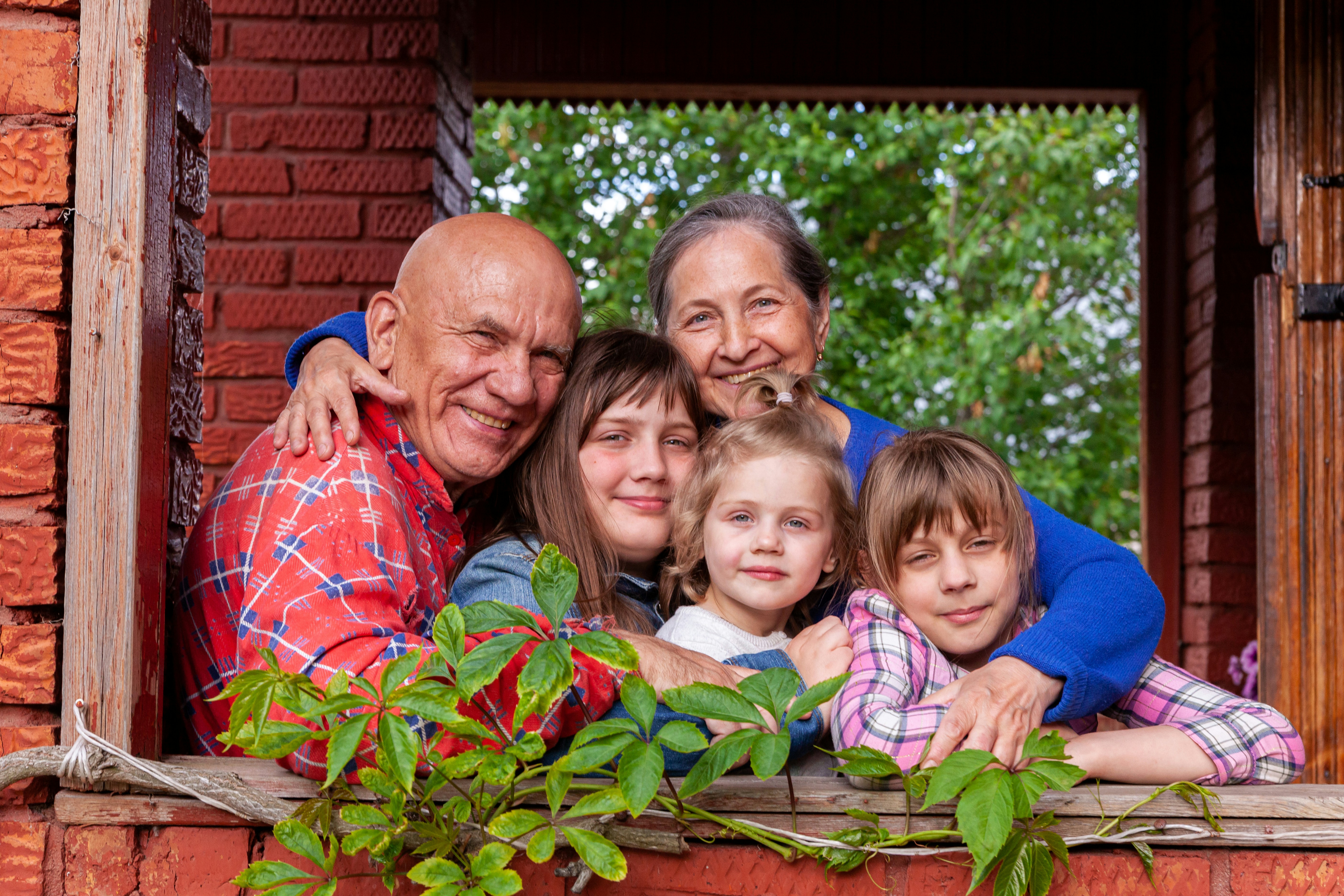Improving Quality of Life for Individuals Living with Dementia and Their Families
An important goal when supporting individuals living with a neuro-cognitive disorder such Alzheimer’s disease or other types of dementia, is ensuring the person is living a life of quality. But we often neglect to consider the need for family members to maintain their quality of life as well.
Research by Gallagher-Thompson found the four components of Quality of Life (QOL). The following are evidence based interventions that can be used by family members and the individual living with dementia to maintain or even improve QOL through the progression of cognitive, behavioral, and social changes that occur following a diagnosis.
- Creating pleasant interactions
- Continuing with activities of daily living (ADLs) Do with, not for the person
- Physical functioning and mobility
- Stimulating cognitive functioning
Families recognize the need for finding meaningful activities to help their family member with mood regulation, decrease depression and behavioral disturbances, and improve relationships. But how do you find these magical activities? Everyone is different, and it holds true with someone with a dementia. Research we all need to love laugh, learn, and have purpose.
Begin by exploring resources at home. When developing a routine of engagement you will want to have activities to address the persons social, physical, cognitive, and expressive needs. Do you have friends that live in your neighborhood a walk away? This can address the social and physical need. Maintaining strength and flexibility can reduce fall risk’s for both the family member and your loved-one. Can you start the day by having your family read a devotion, or share a morning poem? This would address both the cognitive and expressive need.
Tap into old hobbies. Often family members are surprised when their family member who has played the piano in the past will sit down at a piano and play a familiar song. Muscle-memory can stay in tact, and someone could start knitting again. The outcome may not be a sweater, but the important goal is the action of knitting and doing something meaningful not the end product.
Does your mom enjoy sorting through jewelry? Fill a purse with items of interest and have her explore when she feel anxious. Did your father always shine his shoes for work? Set up a shoe shining activity to help with boredom. Having magazines to explore, paints to express feelings, and photo albums available can often trigger the thought to sit down and rest and engage. Create a safe kitchen junk drawer to dig through. Actions are a mean to communicate when words not longer are effective.
Maintaining independence with ADL’s such as dressing, brushing teeth, combing hair and putting on shoes is important. It would be faster for the family member to “jump” in and dress the person, but what can eventually happen is the person can develop“learned helpless.” This will result in the person depending on assistance sooner in the progression. Use verbal or physically prompts during the morning or eventing routine and only assist when necessary.
Cognitive stimulation is very important. Reading, card games (adapt rules for success!) signing their name on greeting cards, etc will allow for slower decline and improved relationships and prompt meaningful conversations or reminiscing.
Minimizing boredom, and providing meaningful activities to improve overall Quality of Life can delay decline and reduce concerning actions. Lowering expectations of the person as the dementia progresses, offers opportunities to live a life with quality and maintain relationships.
If you, a friend or family member living with memory loss would be interested in learning more about our Memory Ministry, our Memory Cafe or our Family and Friends Workshops, please contact Vicky Pitner at vpitner@firstumc.org


